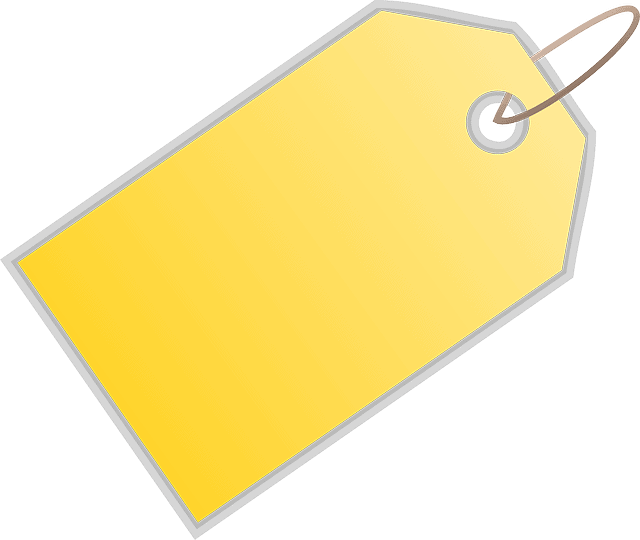A trademark infringement lawsuit is a process that a trademark owner can use to protect their brand from competitors who are using an identical or similar trademark as yours.
If you’re the owner of a company, there’s a good chance you’ve heard about trademark infringement during your time in business. This process is legally known as “dilution” and it happens when someone else uses your logo, name, words or other elements associated with your mark which can cause confusion among consumers leading them to believe the products they are purchasing are coming from you.
If the right steps aren’t taken early on, this could lead to financial losses for your business and legal action being taken against those infringing upon your rights. Protecting these rights should be top priority for any entrepreneurs looking to secure their products and services for the long haul.
Know How Much Trademark Protection You Have
 First thing’s first — you need to know how much protection your mark actually has.
First thing’s first — you need to know how much protection your mark actually has.
Even an unregistered trademark gets a level of protection by default according to trademark law; if your mark hasn’t been registered with the USPTO (United States Patent and Trademark Office), common law trademark protection affords you a degree of legal protection by virtue of using your mark in commerce.
To determine whether or not you have adequate trademark protection, it’s important to analyze the following key factors:
- Are you currently using your mark?
- Are you advertising under this mark?
- Do multiple businesses use this name as a part of their brand identity?
- Does your business operate in a way that is distinctive and unique from your competitors?
- Have consumers come to associate this name with your products or services specifically?
If you can answer yes to any of these questions, there’s a good chance that your brand name has significant legal weight behind it — and could be the basis for a viable trademark infringement lawsuit.
Of course, if your mark has federal trademark registration (more on the USPTO here), there’s virtually no question that you can win a trademark infringement lawsuit. But for those brands that are still in the process of registering or haven’t even applied yet, there’s some additional criteria to consider when evaluating your chances of winning a legal battle over trademark infringement.
Launching a Trademark Lawsuit — A Step-by-Step Guide to Winning Trademark Infringement Cases
 First you need to clearly identify the party being accused of infringement. Next, you’ll need to gather up as much evidence as possible to prove that this party is infringing on your trademark. This might include screenshots, videos or other digital records.
First you need to clearly identify the party being accused of infringement. Next, you’ll need to gather up as much evidence as possible to prove that this party is infringing on your trademark. This might include screenshots, videos or other digital records.
After you’ve assembled your evidence, the next step is to reach out to an experienced trademark lawyer who can review your case and help you determine the best course of action. Once you’ve retained legal representation, your attorney will likely send a cease and desist letter to the infringing party.
If the infringing party ignores the cease and desist letter or if they continue to infringe on your trademark rights, then you may have no choice but to file a lawsuit. Before filing a lawsuit, your attorney will likely try to negotiate a settlement with the other side. But if settlement negotiations fail, then you’ll need to file a trademark infringement claim with the court.
Once you’ve filed your complaint, the court will issue a summons to the infringing party. The summons will require them to appear in court and answer to the charges against them. If the infringing party fails to appear in court, then they may be subject to default judgment. This means that they lose the case and are forced to pay damages.
If they do show up to court and want to fight the case, your attorney will represent you and fight on your behalf.
In order to win a trademark infringement case, you will need strong evidence that shows your trademark rights and also that the other party has infringed on those rights. This can include things like registered trademarks, prior use of the mark or a cease-and-desist letter sent to the infringing party. You may also need expert witnesses to testify in court about how your mark is distinctive or inherently has commercial value.
If you are able to present this evidence successfully, then you should be able to win your trademark infringement lawsuit. However, it’s important to work with an experienced attorney who can help guide you through the process and make sure all of your legal requirements are met.





